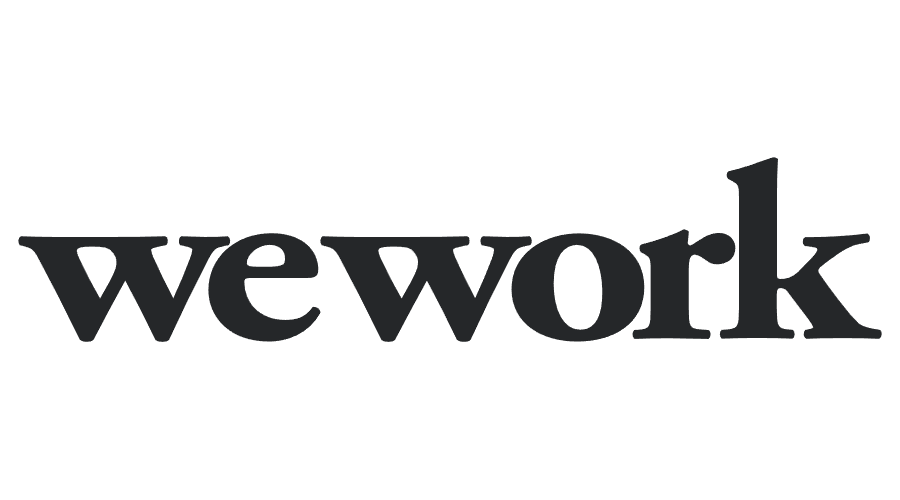
WeWork, once the 6th most valuable startup in the world with an eye watering US$47 billion private valuation, has spectacularly imploded under the weight of mounting debts, a failed IPO and questionable behaviour of recently ousted CEO Adam Neumann.
WeWork’s insatiable appetite for growth and ambiguous business model saw it burning through losses of US$219,000 per hour as it rapidly expanded it’s network of coworking locations whilst simultaneously undercutting the competition in an ill-fated attempt at dominating the flexible workspace industry.
The catalyst for WeWork’s spectacular fall took place shortly after filing its IPO paperwork on August 14th of this year. Investors and the media alike savaged WeWork’s precarious financials, and the professional conduct of their CEO, culminating with Nuemann leaving the company with a US$1.7 billion dollar golden parachute.
So what does WeWork’s demise mean for the coworking / flexible workspace industry?
Ultimately, WeWork’s failure can be considered a cautionary tale of flawed execution of a proven business model. Their addiction to raising capital and expansion at all costs mentality was their undoing, rather than the coworking concept itself.
In Australia, coworking office space is projected to triple by 2030, making up 12% of all commercial office stock as freelancers, small businesses and large corporates continue to discover the operational and financial benefits of flexible workspaces.
Unlike WeWork, Corporate House has taken a sustainable approach to building our network of flexible workspaces, strategically opening appropriately sized centres, in known locations over the past 15 years.
Our 10 locations throughout South East Queensland, and most recently, North Sydney, were meticulously planned to provide our tenants with the perfect mix of location convenience, well equipped facilities, premium furnishing and first class admin support. Our ethos has always been; When our tenants succeed we succeed, which is in stark contrast to WeWork’s growth at all cost approach.
Another crucial distinction between Corporate House and WeWork is that flexible workspaces are our single focus. We Co. (WeWorks parent company) aggressively branched out into co-living with WeLive, Fitness Studios with Rise By We & childcare centres called WeGrow. There’s also been recent reports that WeWork is forming an electronic gaming business named Play By We.
With WeWork receiving a lifeline from their principal investors Softbank, various measures are now in place to make WeWork financial viable, however given their US$1.9 billion annual losses the future doesn’t look promising for the once celebrated coworking unicorn.
However, despite the downfall of one of the market’s biggest operators, the outlook for flexible workspaces in Australia remains strong as long as responsible operators, such as Corporate House, continue to focus on providing value for tenants above rapid growth.
